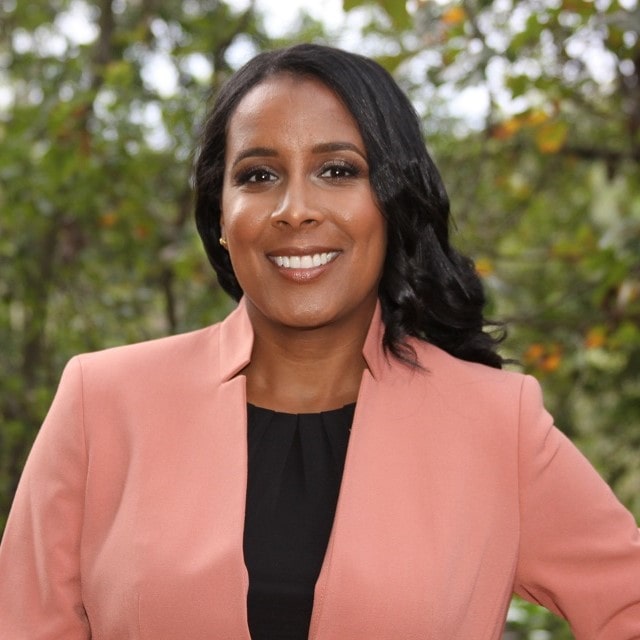Deanne Roberts of WFLA News Channel 8 interviewed Dr. Hammond about how to talk to kids about racism and police brutality, after the May 25 killing of George Floyd. You can view the full video here. We’ve also provided a few of the tips Dr. Hammond suggests including those she mentioned in the segment below the video:
How to Talk to Kids about Racism and Social Justice
Stacie Schaible’s question in the segment is an important one. She asks, “What is the right way to talk to your children, and when do you start?”
Dr. Hammond believes that it’s critical that parents make those uncomfortable conversations about racism as comfortable as they can.
She says, “People are not born racist! When we preach diversity and inclusion, it starts at home.”
As for when to begin teaching about racism and social justice Dr. Hammond says, “It absolutely should be starting in the preschool ages.” However, if you didn’t start then, you need to start now. It’s never too early, or too late, to begin teaching your children about these critical issues.
Regardless of race, it’s important that all parents discuss things like police brutality, racial profiling, and more. Even when it feels hard, we must have these discussions if we ever hope to truly have equality, and feelings of true inclusion, in the United States.
When children see graphic videos of police encounters, or witness racism, it has a direct effect on their mental health and their potential actions in the future. That’s why it’s so imperative we talk to our kids about what they are seeing, and how they feel about it.
As Dr. Jacqueline Dougé and Dr. Ashaunta Anderson explained in a CNN report, “Learning racism is a lot like learning a new language for babies and toddlers.” Unfortunately, “it can happen without parental input, just by the racial stereotypes [that are] so prevalent in society.”
This is why it’s so important we discuss these matters with our children. We don’t want them to learn racist behaviors from their peers, what is displayed in television and the movies, on the news, or on social media. We need to teach them that everyone is equal, and should be treated as equal regardless of their color, their background, their interests, etc…
Dr. Jacqueline Dougé and Dr. Ashaunta Anderson went onto say, “By age 12, many children become set in their beliefs. That gives parents a decade to mold the learning process, so that it decreases racial bias and improves cultural understanding.”
One of the best ways to teach treating others as equal to your children is by demonstrating it. Be mindful of the words you speak, and the feelings you have. Remember that everything you think, what you say, and how you act – is all being absorbed by your children. When you act like a racist or treat others as less than you, you are teaching your children that those behaviors, thoughts, and feelings are okay. Educate yourself on racism and social justice, and then keep the conversation going with your children. The more we work on making the world a better place, the better it will be, for all.
More Resources for Helping Parents Talk to Kids about Racism and Social Justice
- Talking to Kids About Racism – NYTimes
- 13 Tips on How to Talk to Children About Diversity and Difference – Alden E. Habacon
- A Parent’s Guide to Preventing and Responding to Prejudice – Tolerance.org
- Embrace Race Resources

